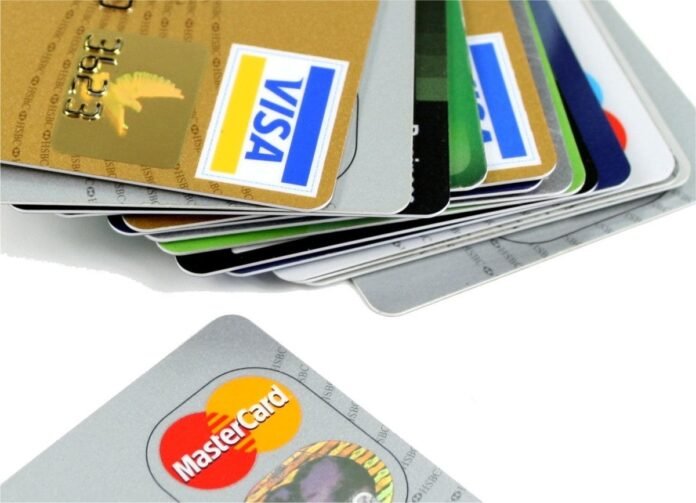Last Updated on August 20, 2024 by Asfa Rasheed
Did you just check your credit card statement and notice some charges you didn’t expect? While credit cards offer high spending flexibility and countless benefits like rewards and cashback, they come with various fees that can affect your total bill. Being aware of these costs can help you handle your finances better and avoid any unexpected charges in your billing statements.
On that note, let’s break down the common charges that you must be aware of.
Table of Contents
Joining and annual fee
The joining fee is a one-time charge that your card issuer levies when you first get the card. The annual fee, a recurring charge, applies every year and covers the perks that come with your card. Some cards waive credit card annual charges based on your spending behaviour, while others don’t. Consider if you will use the card’s benefits and perks enough to justify the cost.
You can opt for lifetime free credit cards to avoid these fees. Choosing the IndusInd Bank Legend Credit Card could be a wise choice, as it doesn’t charge any annual or joining fees. This lifetime free credit card comes with many additional benefits, such as:
| Reward points on every spend | Weekday spends: Earn 1 reward point for every ₹100 spent Weekend spends: Earn 2 reward points for every ₹100 spent |
| Bonus reward points | Gain 4,000 bonus reward points on spending ₹6 lakh or above within the first year after your credit card is issued. |
| Travel perks | Gain access to 600+ lounges worldwide via Priority Pass. |
| Fuel surcharge waiver | Waiver on fuel surcharges at all petrol pumps across India. |
Apply for a credit card online and begin your journey with IndusInd Bank with a 100% digital, paperless process!
Finance charges or interest rates
If you fail to pay your entire credit card bill by the due date, the issuer will charge interest on the unpaid amount. Interest rates on credit cards vary from bank to bank but usually range between 2.5% and 4% per month, which averages around 30% to 48%. To avoid hefty interest charges, prioritise paying your card balance in full each month.
Over limit fee
Most credit cards come with a predefined credit limit, which is the maximum amount you are allowed to spend. If you exceed this limit, the issuer may permit the transaction to go through but will charge a fee for this service. Typically, this fee is a percentage of the amount by which you exceed the limit. It is advisable to monitor your available credit limit and practise prudent spending habits to avoid the over limit fee.
Foreign currency markup fees
Credit card issuers levy a foreign transaction fee to cover the costs of converting a foreign currency into your home currency. Also referred to as forex transaction fees or currency markup fees, this charge usually ranges between 2% and 5% of the transaction amount. It applies to all international purchases, whether you make them while travelling overseas or through online shopping from foreign websites.
Choose the IndusInd Bank Legend Credit Card to enjoy a discounted foreign currency markup of 1.8% on foreign transactions. Save more on all your global spending.
Cash advance fees
Banks let you withdraw cash using your credit card up to a specified limit. This service, known as cash advance, incurs a fee whenever you use it. The interest on this withdrawn amount accrues instantly, unlike purchases, where you might get a grace period. Cash advances are generally more expensive than standard purchases, so it’s wise to use them only in emergencies.
GST
Almost all credit card transactions are subject to Goods and Services Tax (GST). This tax can be levied on processing fees, late payment fees, annual fees, or other service charges. The GST rate is determined by the Ministry of Finance, Government of India, and adds to the total cost of using a credit card.
Key takeaways
As you can see, there are several credit card charges that you should know about. These include annual fees, finance charges, late payment fees, overlimit fees, cash advance fees, foreign currency markup fees, and GST.
It is important to understand these credit card fees thoroughly to make calculated financial decisions and avoid unnecessary expenses. Once you are aware of these fees, you can apply for a credit card that aligns perfectly with your spending habits and offers benefits that outweigh the above-mentioned charges.
Apart from this, if you are interested to know more about Nikhil Kulkarni, Revolutionizing Steel Applications then visit our Business category.


























